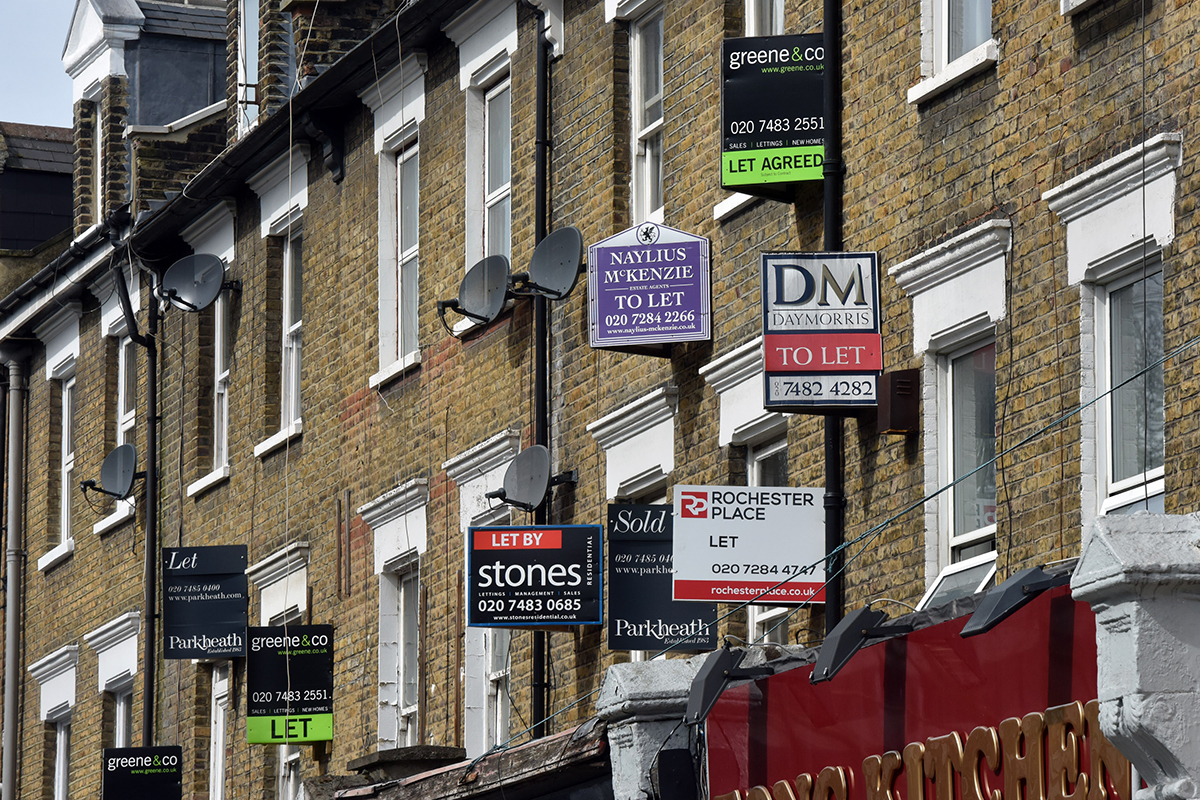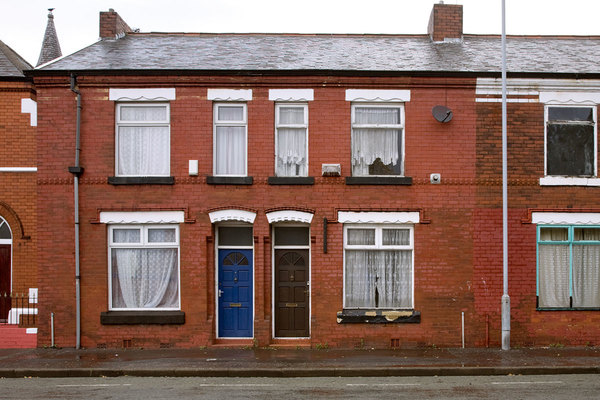You are viewing 1 of your 1 free articles
Landmark report slams government’s private rented sector policies
Regulation of the private rented sector is “failing at multiple levels” with poor housing conditions across the market, a landmark review has said.
The report, written by two academics who conducted similar research commissioned by the government in 2008, found that one in five home let at the top 20% of rents do not meet the Decent Homes Standard.
Another one in three let at the bottom 20% fail the standard, which is the level of condition required of council and housing association-owned homes.
Authors Dr Julie Rugg and David Rhodes of the University of York warned that welfare reforms are creating a “slum tenure” in the cheapest private rented housing.
And they said policy interventions such as build-to-rent are focused on helping higher and middle-income earners unable to afford homeownership, with little or no help for those on low incomes.
Dr Rugg, senior research fellow at the University of York’s Centre for Housing Policy, said: “Since our first review was published, declining homeownership and a shortage of social rented homes have led to a surge in the number of people privately renting – particularly families with young children.
“Unfortunately, in its current form the private rental market isn’t providing a suitable alternative, and in the absence of an overarching vision from any government we’ve seen reams of policies and regulations which are not joined up or thought through.
“We need to see a fundamental rethink of the role that private renting plays in our housing market and a comprehensive strategy to ensure it meets the needs of every renter.”
The report called for an MOT-style system for checking and licensing private rented sector homes.
Independent inspectors could assess the fitness of properties, with licences listed on a national database, it suggested, shifting the burden of regulating the sector away from local authorities.
Dr Rugg added: “A property MOT would give people confidence before they sign a tenancy that the property is fit for purpose, and that standards won’t lapse in the future, while for landlords, it offers greater clarity and protection against prosecution.”
Related Files
Leigh Pearce, chief executive of the Nationwide Foundation, which funded the research, said: “For years politicians have ignored the needs of private renters, resulting in a market that all too often fails to provide decent, secure and affordable homes – particularly for those on low incomes. It’s time government started to take this problem seriously.
“Instead of more tinkering round the edges, we need fundamental reform and a clear strategy to fix renting. We hope this review will be the start of a cross-party conversation to make that happen.”
A spokesperson for the Ministry of Housing, Communities and Local Government said: “Landlords should be in no doubt that they have a responsibility to provide decent homes or face the consequences.
“We have launched a national database of offenders to keep track of the small minority of landlords that are renting out unsafe and substandard accommodation, and have introduced banning orders for the most serious offences.
“We’ve also introduced new measures to stop so-called retaliatory evictions and are banning unfair letting fees and capping tenancy deposits, which will save renters around £240m a year.”
A full copy of the report is attached.











